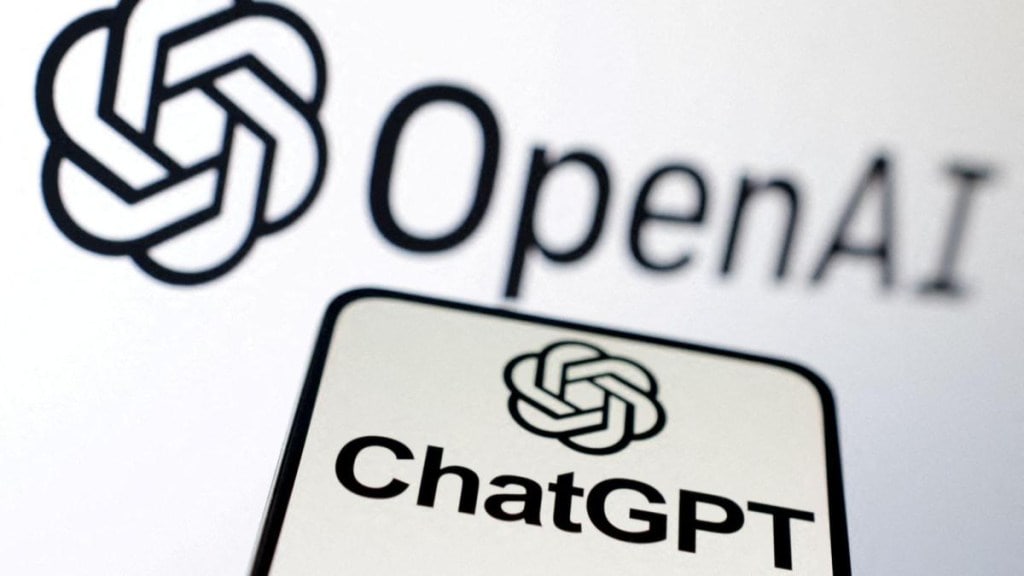ChatGPT, OpenAI’s popular AI chatbot, experienced a significant global outage on Thursday, leaving millions of users without access for nearly three hours. The disruption occurred just hours after OpenAI announced ChatGPT’s integration with iPhone, iPad, and Mac, creating a stir among users who rely on the service daily.
Shortly after the outage began, OpenAI acknowledged the issue and swiftly patched the bug, restoring the platform. However, the root cause of the disruption remains unclear, sparking speculation among users. Coincidentally, the incident followed an earlier outage of Meta’s WhatsApp and Facebook services on the same day, adding to the day’s digital hiccups.
The outage particularly frustrated ChatGPT Plus and Pro subscribers, who pay $20 and $200, respectively, for enhanced access. Social media platforms were flooded with complaints, with many expressing dissatisfaction about the unexpected downtime.
Service outages, though inconvenient, are not uncommon in the digital world. Technical glitches, software bugs, hardware failures, and network congestion are frequent culprits. Human errors during system updates or maintenance can also contribute, while external factors like cyberattacks or power disruptions add to the risks.
As online platforms grow more complex, managing service reliability becomes an ongoing challenge for companies. Despite OpenAI’s quick response, the outage highlights the vulnerabilities of even the most advanced digital systems. For users, it underscores the reality that occasional disruptions are an inevitable aspect of our increasingly interconnected world.








